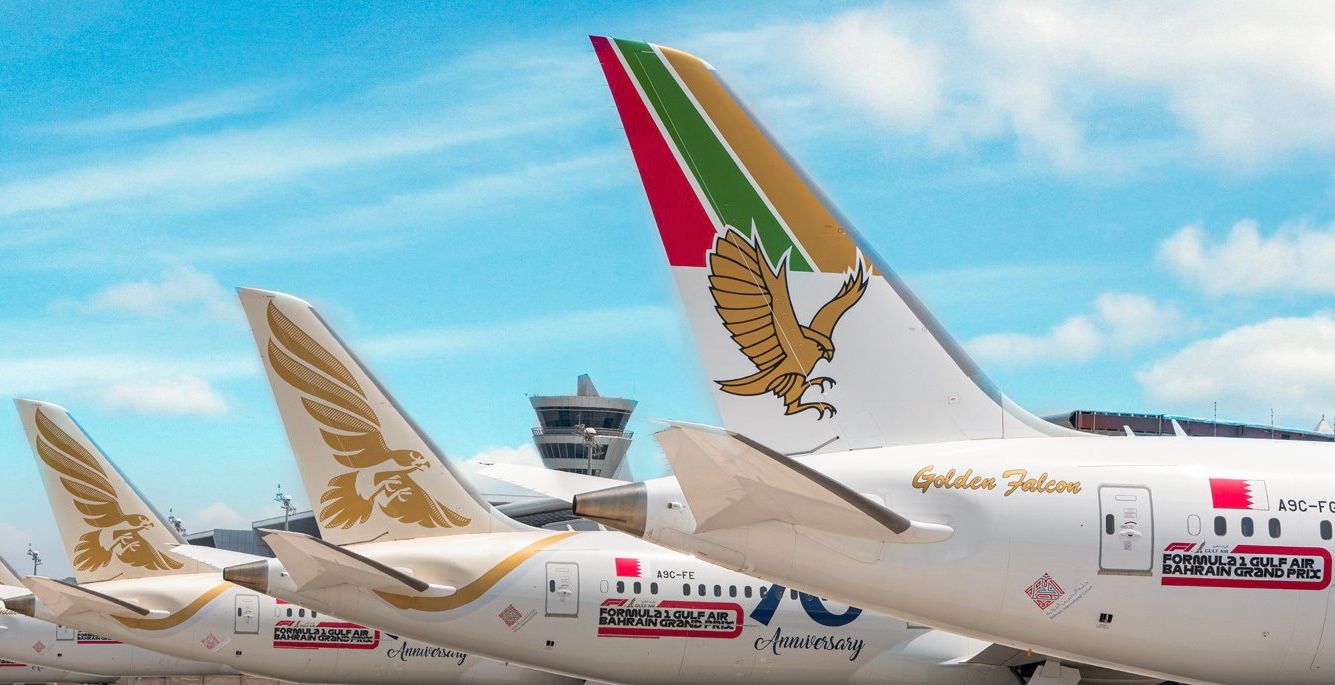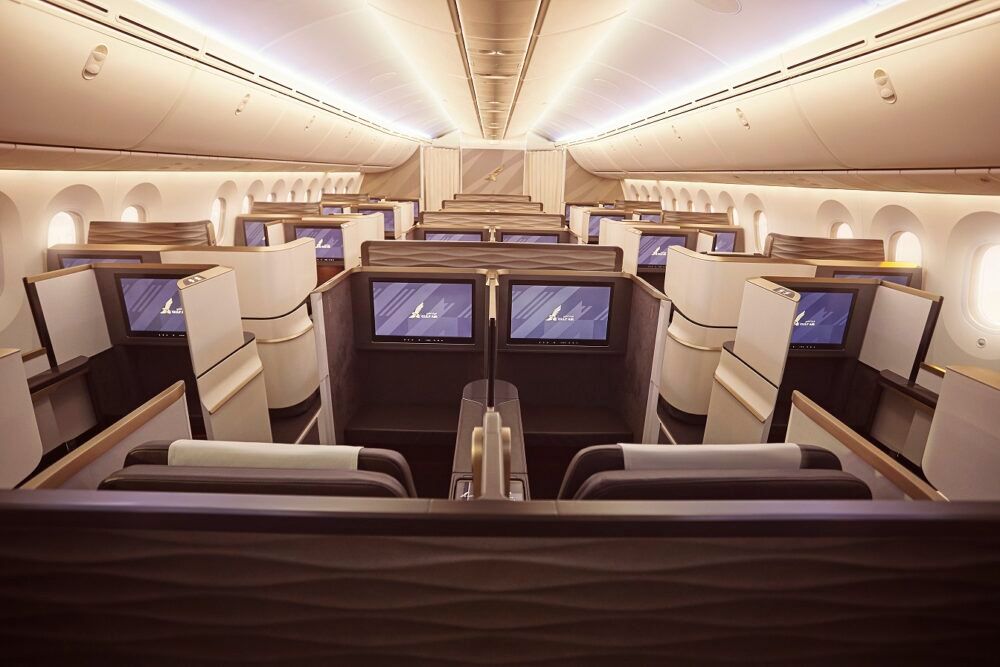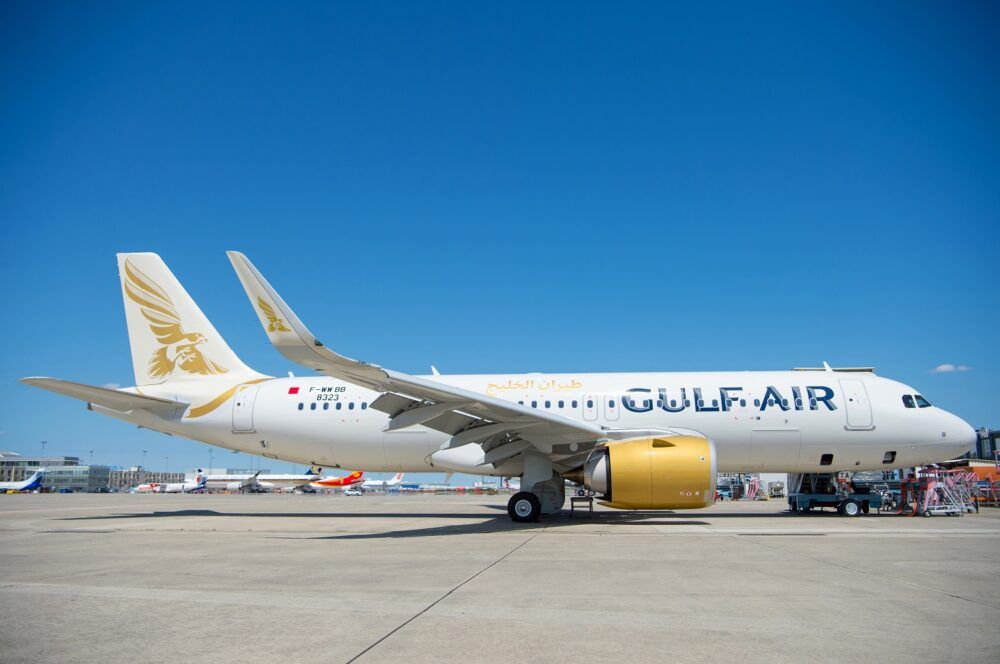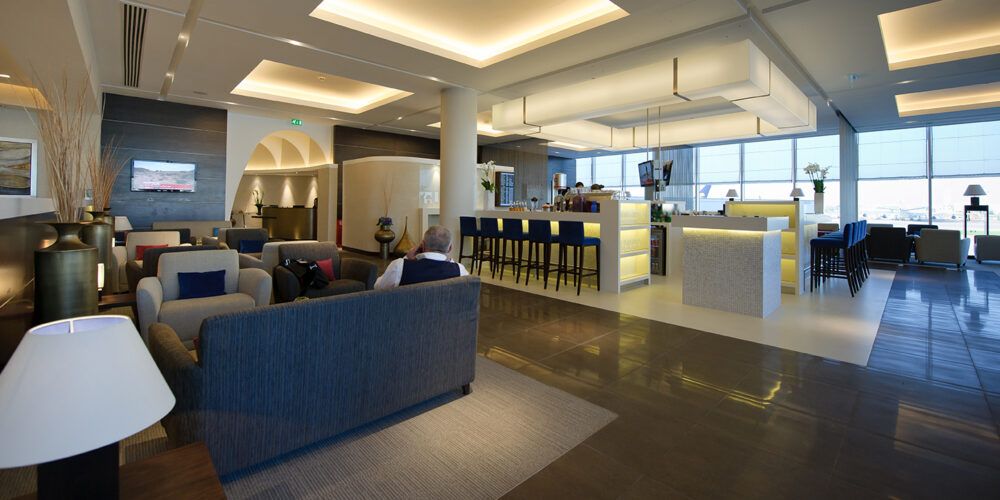In 2019, Gulf Air launched its boutique model concept. Taking inspiration from the wider hospitality industry, the flag carrier of Bahrain is reinforcing its concentration on product and customer experience. The airline shares that it is able to focus on these aspects more effectively than its counterparts as the others are more volume-driven.
The bigger picture
The introduction of the boutique model was part of the airline’s five-year strategy, which started in 2018. This plan also saw new aircraft units join the fleet and additional routes being launched. The firm also showed that it is becoming more tech-savvy with the launch of its new app. Altogether, it was evident that Gulf Air was starting to be more clear with its approach.
According to an interview hosted by CAPA Live yesterday, Gulf Air CEO Waleed Al Alawi summarizes boutique as “small, agile, and personal.” He emphasizes that the airline’s smaller size and personable offering is what distinguishes it from its neighbors.
Since the carrier is not as large as some of the powerhouses in the Middle East, it feels that it can have a more tailored relationship with its frequent fliers. Moreover, the firm’s Falcon Gold class offers premium amenities in a spacious setting, and this is essential to the boutique angle.
Greater flexibility
Overall, Al Alawi feels that the evolution of aircraft over the years has helped the airline set up perfectly for its premium approach. Breakthroughs in aircraft interior and exterior are proving to be useful across the airline’s fleet that heads across the continents.
Gulf Air’s A320neo, A321LR, and 787 Dreamliner aircraft provide cover for every part of the airline’s markets from Bahrain. Moreover, the planes allow for seamless flexibility. For instance, if an A321LR is scheduled on a service, the carrier is not hesitant to swap in a 787 if demand is high. The company can also scale down from the widebody to the narrowbody if bookings aren’t so strong.
Coordinating service
The longer ranges enable Gulf Air to evolve with the market needs at different times of the year. Ultimately. It’s important for the airline to provide its boutique offering on both long and short-haul operations, and with a premium offering on all of its vessels, this approach is not lost, no matter what the aircraft or route is.
“We started receiving the 787s, the Dreamliners, and uureplacing the 330s, and it was the right choice for us for the long-haul and in the future hopefully long-haul and ultra-long-haul. The same goes for Airbus; the 320s and 21s are a good product. The neos are good products. We are able to fly more clean airplanes.
“They reduce carbon emissions and are very efficient in fuel. We're looking at 15 to 20% with these newer airplanes. As far as the 320s and 21s LRs, they are the right product for us. We utilize the Airbus 321LR. The first in the region to have sleeper seats. We utilize them to fly, for example, to Paris and Frankfurt. We have them fly to the Maldives,” Al Alawi told CAPA Live.
“So we fit them on the areas where we think they will do really well. The smaller version, the 320s, we use them for the closer network, but we have a lot of frequencies as well all around our area. And they seem to be the right airplane efficiency-wise.
“The 787 as well gives us good savings. And we are very happy with these airplanes. We looked at the bio fuel. I don't know how much you heard about it, but our flypast at the Formula 1 was actually done on biofuel. And that was in line with the Formula 1 being more of a green sport. So we kind of supported and contributed to that.”
From the ground up
Altogether, new aircraft models give Gulf Air a greater advantage than before. Due to their ability to reduce emissions while providing better comfort for passengers, there is more balance. Al Alawi highlights that due to the carrier’s plane’s having 26 flatbeds in a private setting, passengers arrive at their destination refreshed. This factor plays an important part in the boutique approach.
Gulf Air prides itself as being an important national asset that serves the country but still caters to a global market. It plays a crucial role in supporting the national economy while connecting passengers from around the world.
The airline serves 55 destinations across Africa, Asia, and Europe, appealing primarily to premium segments. Passengers include travel-hungry millennials, religious pilgrims, and business travelers. Many guests in these groups will undoubtedly be looking for a high-quality experience on their travels.
Stay informed: Sign up for our daily and weekly aviation news digests.
The boutique model doesn’t only apply in the air. In January, Bahrain International Airport opened a new boutique terminal with several classy brand outlets from Rolex to Tag found on site. Gulf Air affirms that the boutique aspect will primarily see passengers being able to pass through arrival and departure areas more swiftly than at any other regional airport. So, travelers will have more time to enjoy the airport’s shops, lounges, and other amenities.
Impressively, the airport’s capacity has now risen to 14 million passengers a year. In 2019, the site handled around nine million people.
Potential to be had
There have been significant challenges over the last year amid the pandemic. However, Gulf Air is confident that the light at the end of the tunnel is approaching following the vaccination rollout.
The airline is already launching new routes this year. In July, it is beginning flights to the likes of Nice, France, Munich, Germany, and Mykonos, Greece. Notably, the concept was only launched a year before the global health crises started. Therefore, the airline will be keen to build on the boutique model after there is a consistent recovery process in the industry.
What are your thoughts on Gulf Air’s boutique model? Have you flown with the carrier over the years? Let us know what you think of the airline and its offering in the comment section.




